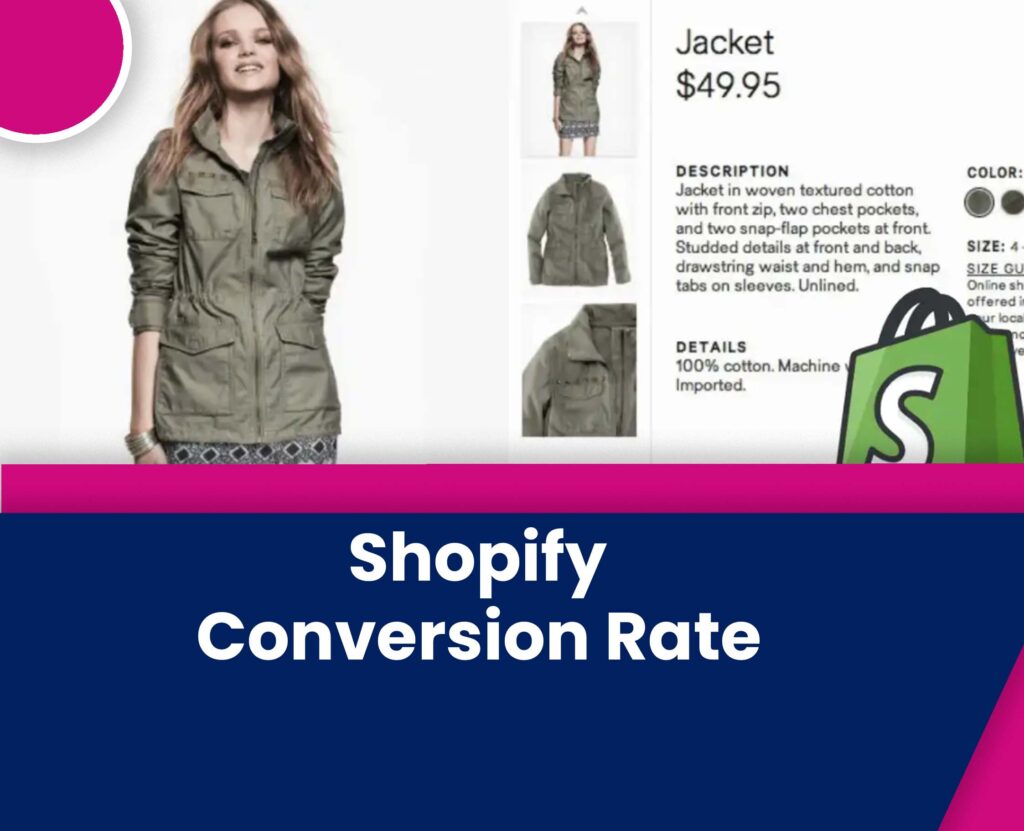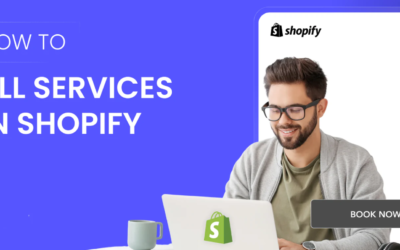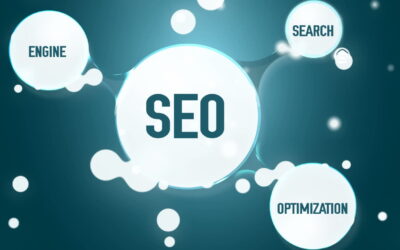
After browsing your product page, the majority of your customers will either buy your products or leave your store. However, it is a part of the sales funnel that is typically disregarded.
Customers won’t get that far unless you create solid product pages that convert. While most store owners focus on improving their checkout page or landing page or tweaking what happens after a visitor adds a product to their cart, you won’t get that far unless you create solid product pages that convert.
Product pages exist to explain why your product is excellent, explain which demands or problems it answers, and provide the details a consumer needs to view to make a purchasing choice. Therefore, beautiful product images and well-written product descriptions are vital. Still, they’re also the minimum requirements—there’s a lot more to nail down to create a spectacular product page.
What Is the Importance of Shopify Conversion Rates?
Conversion rates are a good tool to compare and contrast the results of different advertising platforms. Conversion rates are especially significant when executing mobile user acquisition campaigns because they help measure the performance of each campaign, as shown in the example above. In addition, when scaling a campaign, they can also be utilized to set ROI expectations.
Conversion rates aren’t only limited to clicks; they can also apply to occurrences further down the funnel. For example, the percentage of users who moved on to install an app or complete an in-app action can be calculated.
This is beneficial to both advertisers and Shopify marketer because it aids in the identification of valuable users. This data can then be sent back into the funnel to help with targeting and campaign performance optimization.
In addition, when scaling a campaign, they can also be utilized to set ROI expectations.
How to improve Shopify conversion rate?
Your store’s product pages can make or ruin it. They may be attracting viewers, and those visitors may be staying for a while, but why aren’t they purchasing? Here are some pointers on how to efficiently convert them.
A well-designed product page is about connecting with visitors and gently guiding them through the sales funnel, not just having a nice look and easy navigation. It’s all about thinking outside the box, using an image to lead, providing options, and relying on social proof for support.
The top Shopify designers and developers will have the necessary know-how to make sure that your pages are optimized for conversions.
1. Know the ideal description of your product
You may be tempted to believe that no one reads product descriptions. Perhaps the eCommerce world’s quick pace and variety of options don’t leave enough time or space for shoppers to thoroughly research a product.
While it’s true that some things can be sold just on their appearance, 87 per cent of buyers consider product content such as product descriptions to be critical in their purchasing choice. So even while we may hear that product reviews are the finest asset for raising product page conversion rates, the truth is that product descriptions are viewed as more significant in several industries, such as clothes and online grocery shopping.
However, an overabundance of detail in lengthy product descriptions might turn a consumer off a product, just as it can with anything else. There’s a lot of good information out there, but there’s no hard and fast rule for what length you should aim for, so it’s best to look at your competitors’ product descriptions. In general, shorten descriptions for basic products and extend descriptions for things that require more explanation.
Also, keep in mind that you’re not writing solely for your intended audience. Google ranks product pages based on their SEO score, and product descriptions are an excellent method to incorporate keywords into your website. If you use them selectively and keep the buyer interested, you might find that your product sells.
2. Include large and original images
Two obvious truths characterize human nature: we want originality and judge others based on their looks. So the world’s trendsetters, like the shops that stick out from the crowd, attract all of our attention.
9 out of 10 individuals believe that a product’s appearance is its most important selling point. Therefore, you’ll want to focus on building a product page with large, clear, and appealing photographs, especially if you’re selling to a younger demographic. Have you ever wondered why Instagram and Pinterest are so popular among both consumers and marketers? It’s all about the visual appeal.
Here are a few examples of how photos can help increase conversion rates on product pages:
- Images attract attention – Roughly 79 percent of your customers will be skimmers, which means they will scan your product page for helpful information for a limited period. Skimmers are forced to pause and pay attention to what matters when they see images.
- Images are easily shareable – Images are far more easily shareable than descriptions on social media. For example, Instagram and Pinterest are image-centric and awash with product images, while Facebook isn’t far behind.
- Images are excellent for SEO since Google adores them- With the increasing importance of visual searching, a well-written alt text for a picture could propel your goods to the top of the google search results.
3. Should be optimized for mobile
All of the data points to a mobile shift. It has a name: m-commerce, and by 2021, it is predicted to account for the bulk of internet sales. It’s more than a fad; it’s the present and future of purchasing, and if you want to boost conversion rates on your product pages, you’ll need to hop on board the e-commerce train.
Fortunately, optimizing for mobile isn’t as difficult as it may appear. Shopify has a lot of amazing page builders that can help you effortlessly set up your website for mobile use. For example, they can help with element realignment, text streamlining, and prioritizing different areas based on scrolling patterns.
Consider hiring a website designer or contacting the Shopify Experts to help you tie everything together for your site. Make sure your site is mobile-friendly, regardless of how you do it; with 73 percent of customers willing to abandon poorly designed mobile sites, you can’t afford to.
4. The use of white space is essential

Do you prefer a noisy, in-your-face shopping experience with irritating commercial signs and klaxons going off every 3 seconds, or do you prefer to take your time strolling through a store?
Uncluttered store aisles and soothing store music are the eCommerce equivalents of whitespace. It refers to the empty regions of a website that help bring attention to the page’s actual content.
According to studies, whitespace on your website might boost readability by up to 20%. But it also gives your leads a sense of independence, the freedom to buy as they choose, and the authority to make their own purchasing decisions.
5. Product with real photo/video reviews
Generating customer feedback with photos/videos from your existing customers is the first step in establishing social proof for your brand and business.
According to recent studies, people check social proof 87% of the time to see what other people say about a product. And, like any sensible customer, they prefer products with high ratings and a lot of negative reviews over those with low ratings and a lot of negative reviews.
Have you ever referred a friend to a product or service? Because you trusted them, you probably paid attention to what they said.
Photo/Video is becoming the new norm, just as image-centered product pages are. So it’s time to start rolling in a world where 54 percent of customers want to see more video content and leads are 85 percent more likely to buy after watching a product video.
Photo/Video reviews keep your visitors engaged and provide them with crucial product information that they would miss if they scan over the product description. For more intricate products, films can quickly explain what it is, what it does, and how to use it, all while putting a trustworthy face or voice in front of the camera. Aside from that, videos are fantastic for SEO.
Wrapping up
Your online store’s product pages are its lifeblood. You risk annoying your clients and losing a lot of money if they’re poorly displayed or unorganized.
Improving Shopify conversion rate and developing unique product pages will help your store’s brand and reputation, allowing you to stand out from the crowd. In addition, customers will be more interested in both your items and your organization as a whole if you put more effort into your product pages.
Even the tiniest or most basic modification can have a big influence on your business. So start with above mentioned solid ideas and iterate—you should notice that your product pages are stronger than ever at converting browsers into purchases.
Our Latest Articles
How to Add Services to Shopify: A Step-by-Step Guide
Introduction Shopify is widely recognized as an eCommerce powerhouse, but did you know you can also use it to sell services? Whether you’re a consultant, coach, designer, or service provider, Shopify offers a solid platform to market and manage your offerings. Even if...
How to Ensure Your Liverpool SEO Agency Keeps You in the Loop: Communication Tips
Working with an SEO agency should be a partnership, not a one-way street. Effective communication is essential to ensure you're on the same page and can track the progress of your SEO efforts. But sometimes, agencies can be a bit opaque, and keeping up with all the...
Online Text to Speech for Business: Improving Productivity and Customer Experience
In today's fast-paced digital landscape, businesses constantly seek innovative technologies to streamline operations, enhance communication, and improve customer experiences. One such transformative technology that has gained significant traction is text-to-speech...



